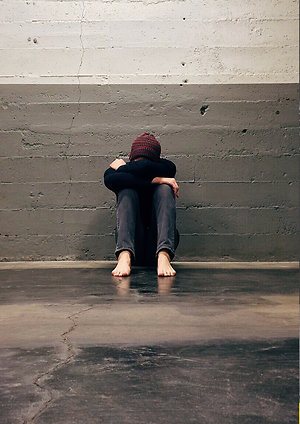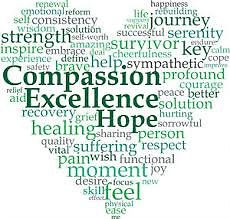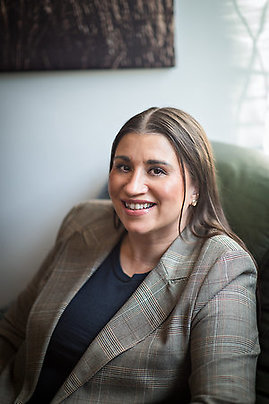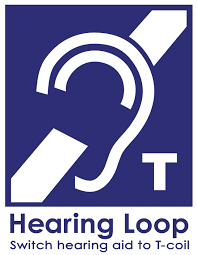What is trauma?
When we think of a trauma, we can sometimes think of a public disaster like Grenfell, or a dreadful pile up on the motorway. It could involve many deaths and injury. Of course, these are traumatic experiences, however, a trauma can also be a very personal experience, from childhood that still has an impact today.
It is the reaction that our brain has that is key. This reaction is automatic and part of our nervous system. It happens very quick; and basically it keeps us alive! When this detects perceived danger, it gets our system ready to friend, fight, flight, freeze or fawn/flop. Commonly known as the fight or flight response. There are more reactions there as more information has become available from survivors. If a human experiences trauma over a repeated time they can develop a more sensitive system, which has kept them alive up until now, so it reacts before they have time to think that the perception is just that and the danger is not life threatening.
So, we can think of the system as a smoke alarm!
Trauma is an event or experience that causes an automatic response in the brain that makes the response more sensitive.
Relational trauma
This is a situation, usually in a parent child or partner intimate space, that can cause a trauma reaction and a heightened awareness of danger. It is quite common for Domestic Violence survivors to experience this trauma. Children from sexual abuse also experience this.
However, the most hidden one is when a mother and child relationship lacks love and acceptance so the child experiences it and grows up with a feeling that this is the normal way the world is; frightening and dangerous. A mother may NOT intend to hurt the child, she may be suffering herself and struggling with her own mental health. It is a point to remember that it is not about criticizing parents, but about being curious so that the effects and how it felt can be worked with, so any unresolved trauma can be healed.
Generational Trauma
This is the idea that trauma affects generations. It is radical, in that it suggests that there is a gene that inherits trauma reactions without actually experiencing it. I know, out there huh?!
However, there are studies that back this up;
Multigenerational Perspectives on Coping with the Holocaust Experience: An Attachment Perspective for Understanding the Developmental Sequelae of Trauma across Generations
Dan Bar-On,Jeanette Eland,Rolf J. Kleber,Robert Krell,Yael Moore,Abraham Sagi,Erin Soriano,Peter Suedfeld,Peter G. van der Velden &Marinus H. van IJzendoorn show less
Pages 315-338 | Published online: 18 Aug 2010
It includes survivors of the Holocaust, Genocide in Rwanda, Genocide in Bosnia and the indigenous tribes across the USA who were uprooted from their homes to make space for the settlers.
It is a really interesting field to work with, that a human can be affected by something that happened to their ancestors. It does make sense, if we thin of our survival brain, the amygdala, it makes sense for it to evolve to incorporate new information about danger.
Trauma History
This is a relatively new area of work. It works with the brain and how those reactions happen, so it has taken time to do the research and using apparatus that wasn't available before.
Shame
Why would I put a tab entitled Shame in the Trauma part. Simply put, shame is the human reaction to trauma. As a child or adult, if we experience trauma, chances are we don't want it to happen again. So shame can help us to protect ourselves as we recover and work out what happened. Through disconnection we can allow our bodies to become abused and our minds stay safe. We use shame to work out how this has happened by taking the blame, for example, I put myself in that dangerous position walking home alone at night when I was raped. Rather than, the intention was not to be raped, but to get home. This gives us time and conserves our energy so we can see how our society and culture react to the incidence of rape.
Shame is the byproduct we are left with when we are recovering from trauma. Our mind and body do not want to experience any further pain, so they have a high sensitivity to shame. In other words, a survivor can feel shame acutely. It acts as a radar for trouble and abuse.
For example recovering from parental neglect and a lack of positive regard (love), can be arduous and may take years. Therefore, we can be aware of shame around us in our environment, as a defense mechanism. We may feel confusion and guilt at how we treat others, always putting their feelings before ours. We can become self harmers, so the pain of shame is lessened because we have struck a balance from self pain/harm.
It is true we may be picked by further abusers, and shame may prick and tingle at us. Through therapy we can learn that this shame reaction, can be interpreted as a potential abuser. With a sense of reality and education, we can tune into our self to find out the truth about people we meet. For example, a lot of the interpretations of male abuse are to cover it up or normalise it, or even blame the victim. We need to over explain ourselves as victims, we do not want to be victims, there are frequently stories about people who make up abuse and get men in trouble. We have to have a male approve of our story before we can tell it. Usually the Police, the male power back us up that we are telling the truth. We are blamed for setting honey trap or wearing the wrong clothes, being in the wrong place, marrying the wrong man. Allowing the abuser to treat us badly is a way we are accused of telling lies, however it is more than likely a defense strategy to protect ourselves from further harm, which could be fatal. Highlighting this in the cold light of day, the abuser can shift the focus to the victim, using shame, why did she go along with it and not stop it happening?





